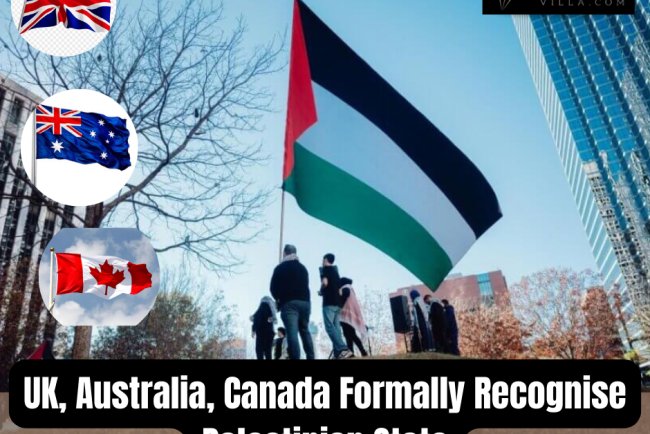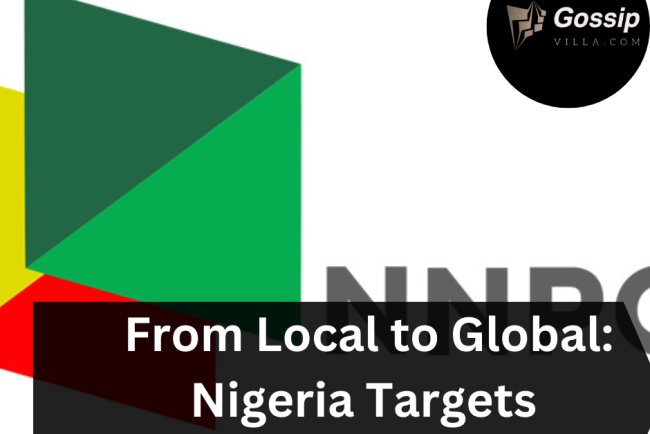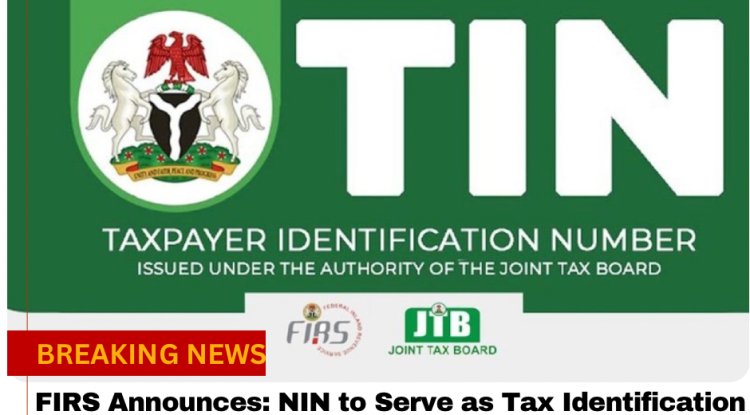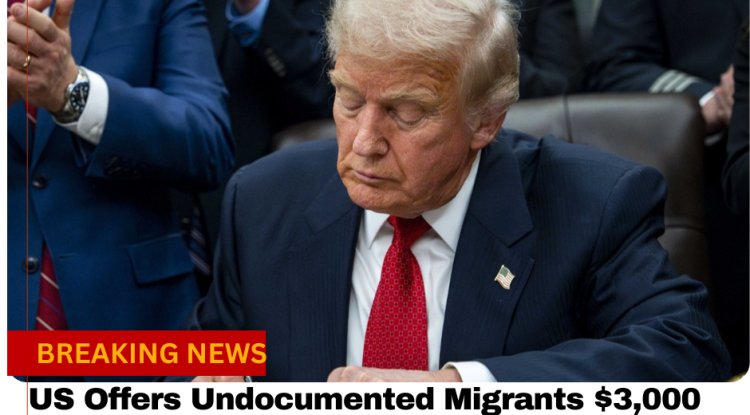European Union, France and Nigeria sign €10.2m deal to boost local medicine production
The European Union, France, and Nigeria have signed a €10.2 million agreement under the EU’s Global Gateway MAV+ programme to boost local medicine production and strengthen Nigeria’s pharmaceutical industry.
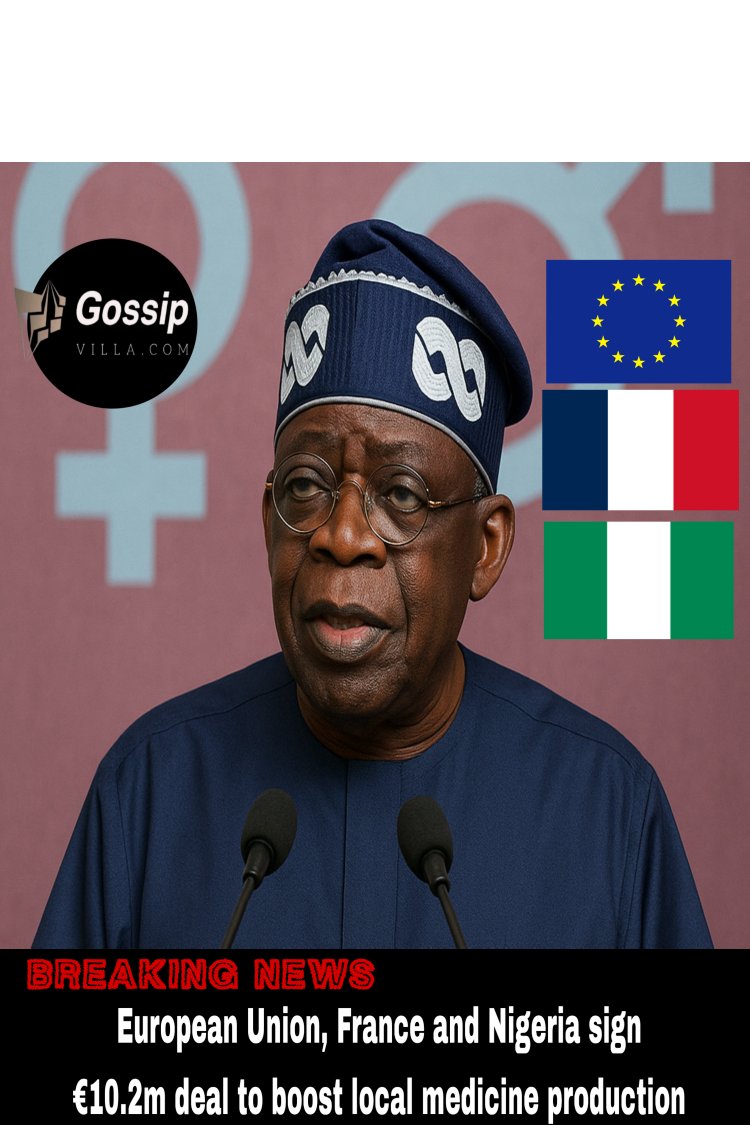
European Union, France and Nigeria sign €10.2m deal to boost local medicine production
In a pivotal step toward bolstering Africa’s healthcare sovereignty, the European Union (EU), France, and Nigeria have formalized a €10.2 million partnership to elevate local pharmaceutical manufacturing. Announced on October 31, 2025, during the Nigeria-EU Health Investment Forum in Abuja, this agreement dubbed the Quality Uplift for Advancing Local Industry in Medicine Standards (QUALIMEDS Nigeria) signals a concerted effort to diminish Nigeria’s heavy reliance on imported drugs, foster innovation, and ensure equitable access to essential medicines. As global supply chains remain fragile post-COVID, this collaboration could redefine health security across the continent. Dive in as we dissect the agreement’s intricacies, its transformative potential, and the hurdles it must overcome.
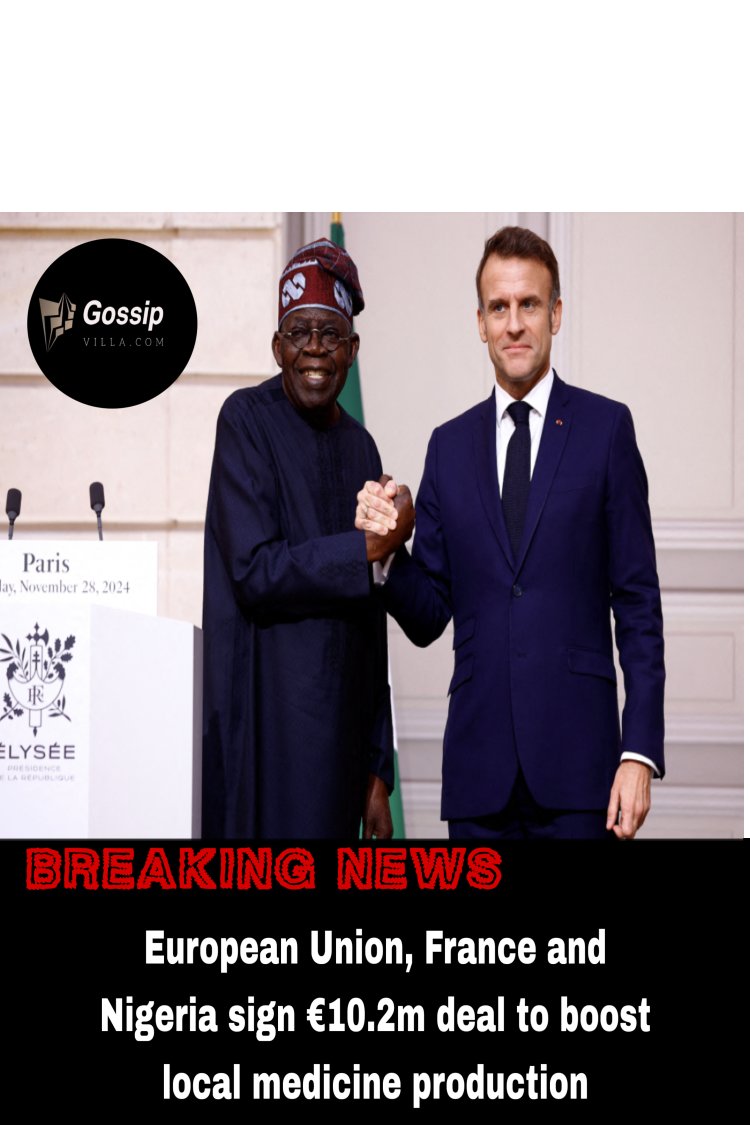
Setting the Stage: Nigeria’s Pharmaceutical Predicament
Nigeria, home to over 220 million people and Africa’s largest economy, faces a stark paradox in healthcare: immense demand clashing with woeful underproduction. Shockingly, more than 70% of the country’s medicines are imported, exposing it to volatile exchange rates, counterfeit influxes, and disruptions like the 2020-2022 pandemic shortages. With the naira depreciating by over 50% against the euro in the last year, the cost of a basic antibiotic regimen has surged, pricing out millions and fueling a black market rife with fakes that claim up to 100,000 lives annually [World Health Organization (WHO), 2024].
The African Union’s Pharmaceutical Manufacturing Plan for Africa (PMPA), initiated in 2012, envisioned a continent producing 50% of its own drugs by 2040. Yet, progress lags: Nigeria’s local output hovers at 30%, hampered by outdated infrastructure, skill shortages, and regulatory silos. Enter the EU and France, leveraging their Global Gateway initiative—a €300 billion sustainable investment blueprint to bridge these gaps. France, a pharma titan boasting firms like Sanofi, brings expertise via its French Development Agency (AFD), while the EU contributes through the Manufacturing and Access to Vaccines, Medicines, and Health Technologies (MAV+) pillar.
This €10.2 million infusion—€10 million from the EU’s European Development Fund and €200,000 co-financing from France’s Ministry for Europe and Foreign Affairs marks a tangible commitment to “Team Europe” synergy. Spanning 44 months (2025–2028), it partners with Nigeria’s Federal Ministry of Health and Social Welfare, National Institute for Pharmaceutical Research and Development (NIPRD), and National Agency for Food and Drug Administration and Control (NAFDAC).
Unpacking the Agreement: Key Components and Investments
At its core, QUALIMEDS Nigeria is a multifaceted blueprint targeting infrastructure, human capital, and systemic reforms. Here’s a detailed breakdown:
1. Laboratory Modernization and Infrastructure Upgrades (€5.5 Million):
The lion’s share funds retrofitting NIPRD’s Abuja facilities into state-of-the-art hubs compliant with international standards. This includes cleanrooms for sterile injectables, advanced spectrometry for quality assurance, and solar-integrated cold storage to mitigate Nigeria’s chronic power deficits (which affect 60% of manufacturers). By 2028, these upgrades aim to certify NIPRD as a WHO reference lab for bioequivalence testing and vaccine stability studies, potentially ramping up production of antimalarials, antiretrovirals, and generics by 20%.
2. Technology Transfer and Workforce Development (€3.2 Million):
A cornerstone of the deal, this allocates resources for training 500+ Nigerian professionals in Good Manufacturing Practices (GMP) and biomanufacturing. Collaborations with French powerhouses like the University of Paris-Saclay will host exchange programs, while “twinning” arrangements embed French experts in Nigerian labs for up to 18 months. Notably, 40% of slots prioritize women and youth, addressing gender disparities in STEM—women comprise just 25% of Nigeria’s pharma workforce [African Development Bank (AfDB), 2024].
3. Regulatory Harmonization and Market Integration (€1.5 Million):
To supercharge exports, funds will digitize NAFDAC’s approval processes, slashing timelines from 12 to under 6 months. Alignment with EU standards paves the way for Nigerian drugs to tap the African Continental Free Trade Area (AfCFTA) market of 1.3 billion people. Regional tie-ups with Rwanda and Senegal position NIPRD as a West African hub for clinical trials and quality control.
The signing, graced by EU Ambassador Gautier Mignot, French Ambassador Anne Marie Descôtes, and Nigeria’s Coordinating Minister of Health Dr. Ali Pate, radiated optimism. “This is co-creation, not aid—empowering Nigeria to lead in global health,” Mignot affirmed. Pate echoed, tying it to President Tinubu’s vision: “Healthcare as an economic engine, delivering affordable quality to every Nigerian.”
Projected Impacts: From Local Gains to Continental Waves
The ripple effects promise to be profound. Economically, QUALIMEDS could spawn 2,000 jobs in manufacturing and R&D, injecting €150 million in annual savings by curbing imports [NIPRD Projections, 2025]. For everyday Nigerians, it means cheaper, reliable drugs—vital in a nation where out-of-pocket health spending devours 70% of household budgets [WHO, 2024].
On the African stage, it’s a blueprint for replication. Nigeria’s enhanced output could supply AfCFTA partners, slashing the continent’s $20 billion drug import tab [AfDB, 2024]. France secures ethical market access amid scrutiny over colonial-era inequities, while the EU advances its “vaccine equity” redemption post-COVID.
Globally, it aligns with the WHO’s Access to Medicines push, potentially inspiring similar pacts in Ethiopia and South Africa. Early wins? By mid-2026, NIPRD labs will conduct GMP audits, fostering a “Made in Africa” seal of trust.
Navigating the Roadblocks: Realistic Challenges and Mitigations
No deal is without thorns. Nigeria’s corruption index (145/180, Transparency International 2024) raises red flags past projects have lost 20-30% to graft. Infrastructure woes, like frequent blackouts, could stall timelines, while dependency risks loom: Will tech transfers yield open innovation or proprietary lock-ins?
Countermeasures include EU-mandated blockchain fund tracking, third-party audits by the European Court of Auditors, and open-source mandates for non-patented tech. Dr. John Adigwe, NIPRD Director-General, stresses: “Sustainability is key—we’re building capacity, not crutches.” Geopolitical headwinds, like U.S.-China raw material tariffs, are buffered by diversified sourcing clauses.
The Horizon: Milestones and a Call to Action
Implementation launches Q1 2026, with benchmarks like GMP certification (2027) and 15% import reduction (2028) gating disbursements. Success here could catapult Nigeria’s pharma GDP contribution from 1% to 3% by 2030.
This €10.2 million pact transcends finance—it’s a testament to collaborative resilience. In a world of health silos, QUALIMEDS Nigeria whispers a bolder truth: Africa’s future is self-forged. As Ambassador Mignot put it, “Shared values, shared victories.”
What’s your take? Will this spark a pharma boom, or does it need bolder African-led funding?
Verified Sources
What's Your Reaction?







